
In remembrance: eleven Chinese stars who were taken from us too young
Leslie Cheung, Anita Mui, Bruce Lee, Teresa Teng, Yao Beina among the stars Chinese communities the world over will be mourning as they mark the Ching Ming festival
Ching Ming – the grave sweeping festival – is a time when Chinese people pay tribute to their ancestors and other loved ones they have lost.
The festival, which takes place each year on either April 4 or 5, is also a time when fans of singer-actor Leslie Cheung Kwok-wing remember his premature death on April 1, 2003. But Cheung is not the only Chinese star of stage and screen being mourned today. Somewhere in the world, families and fans will also be remembering the lives of others who met an untimely end:

Yao Beina (1981-2015)
The Chinese singer was best known for singing the Mandarin version of Let It Go from the Disney blockbuster Frozen, in addition to the theme song of the hit historical series Empresses In The Palace.
Yao died of breast cancer at the age of 33. She had made the decision to leave her body to medical science after her death, but in the end only her corneas were donated.

Anita Mui Yim-fong (1963-2003)
Nicknamed the Asian Madonna, the Hong Kong Canto-pop diva captivated music lovers with her sultry voice and dancing. Mui sold more than 100 million albums worldwide and received multiple awards. She was also active in charity work and pro-democracy campaigns. The singer and actress, who continued to perform as she battled cervical cancer, died at the age of 40.

Leslie Cheung (1956-2003)
One of the most beloved Hong Kong artists, the openly gay singer-actor pushed the boundaries of performance on both stage and screen. Cheung gained international fame for his portrayal of a homosexual opera star in the 1993 movie Farewell My Concubine.
He committed suicide at the age of 46 by leaping from a balcony of the Mandarin Oriental Hong Kong hotel on April 1, 2003.
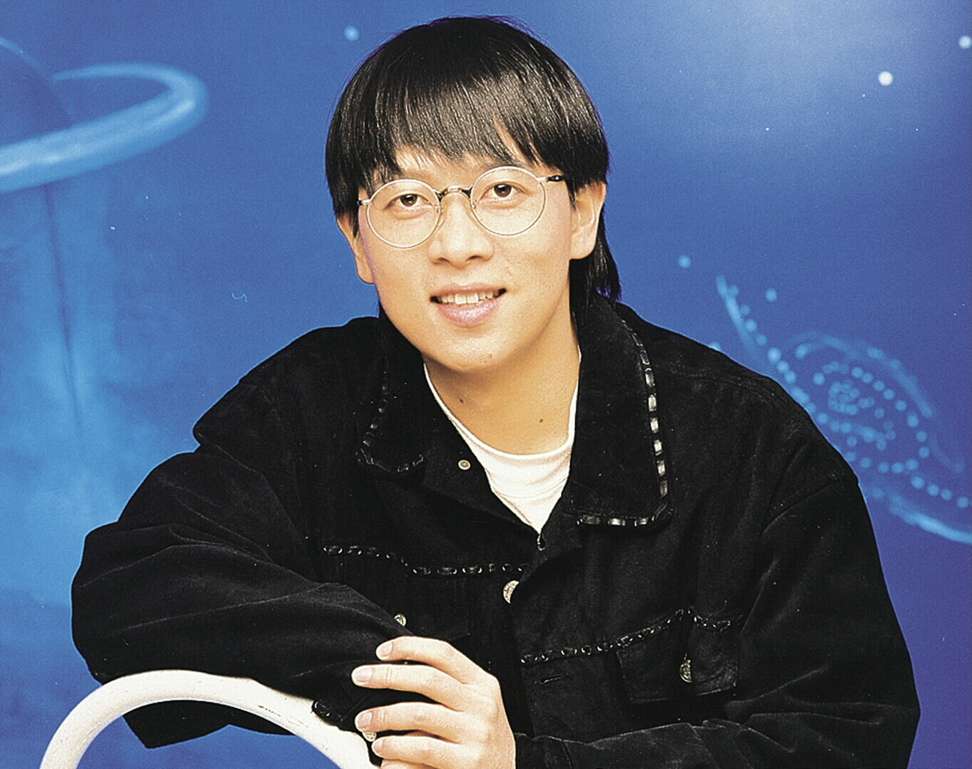
Chang Yu-sheng (1966-1997)
Although little known in the West, the Taiwanese singer and songwriter captured the hearts of many young people in Taiwan, Hong Kong and China in the late 1980s. His songs, including the hit My Future Is Not a Dream, carry inspiring and optimistic lyrics. Chang died at the age of 31 after he was fatally injured in a car accident in Taipei.
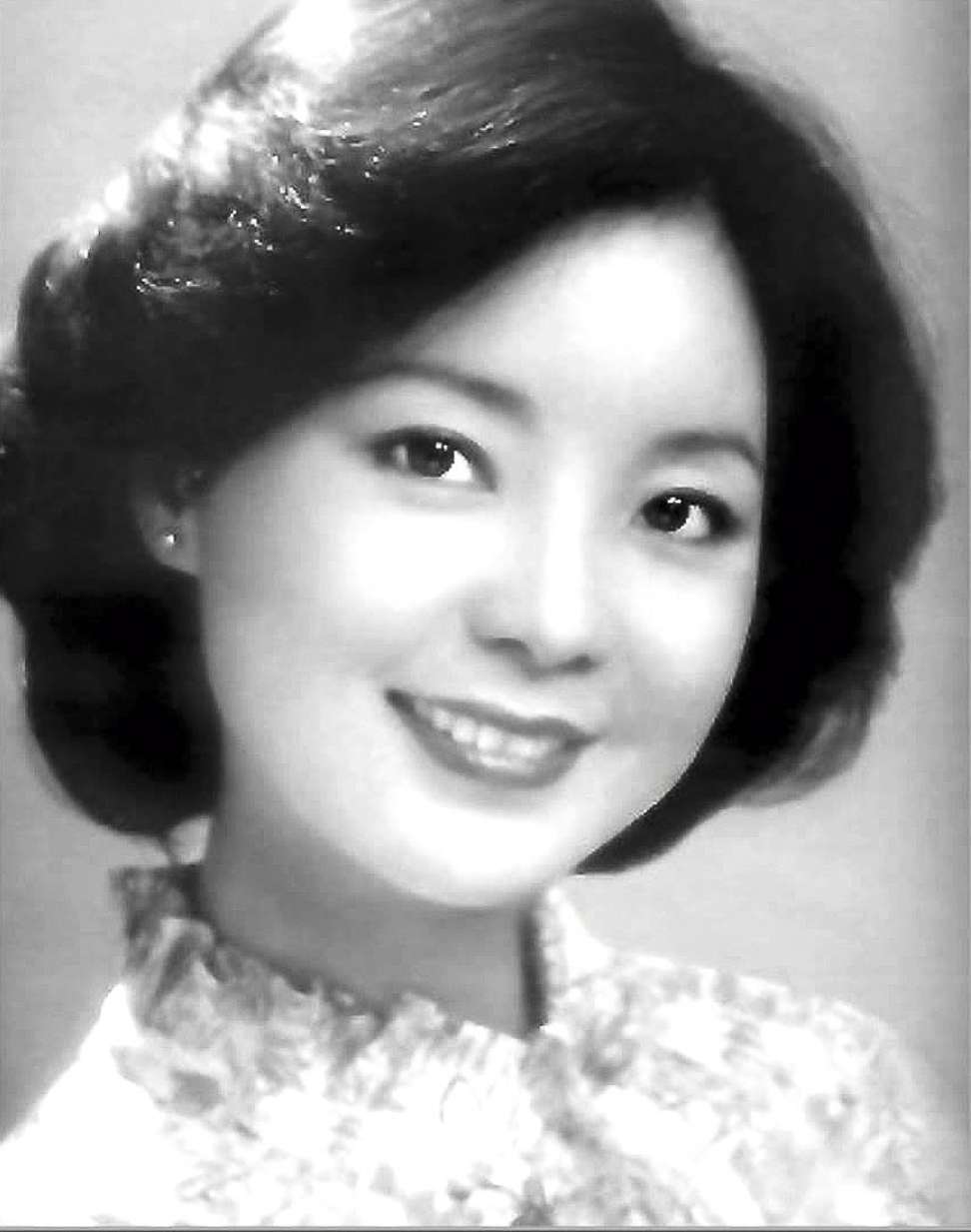
Teresa Teng (1953-1995)
The Taiwanese singer was so popular in the Chinese-speaking community that her sentimental love songs became political weapons in the 1980s. During a time of particularly fraught cross-strait tensions, the Kuomintang government in Taiwan broadcast her works to China along with anti-communist commercials. Beijing denounced the music as “spiritual pollution”. The beloved singer died suddenly in Thailand at the age of 42, reportedly due to an asthma attack. Her funeral in Taiwan was shown live on television.
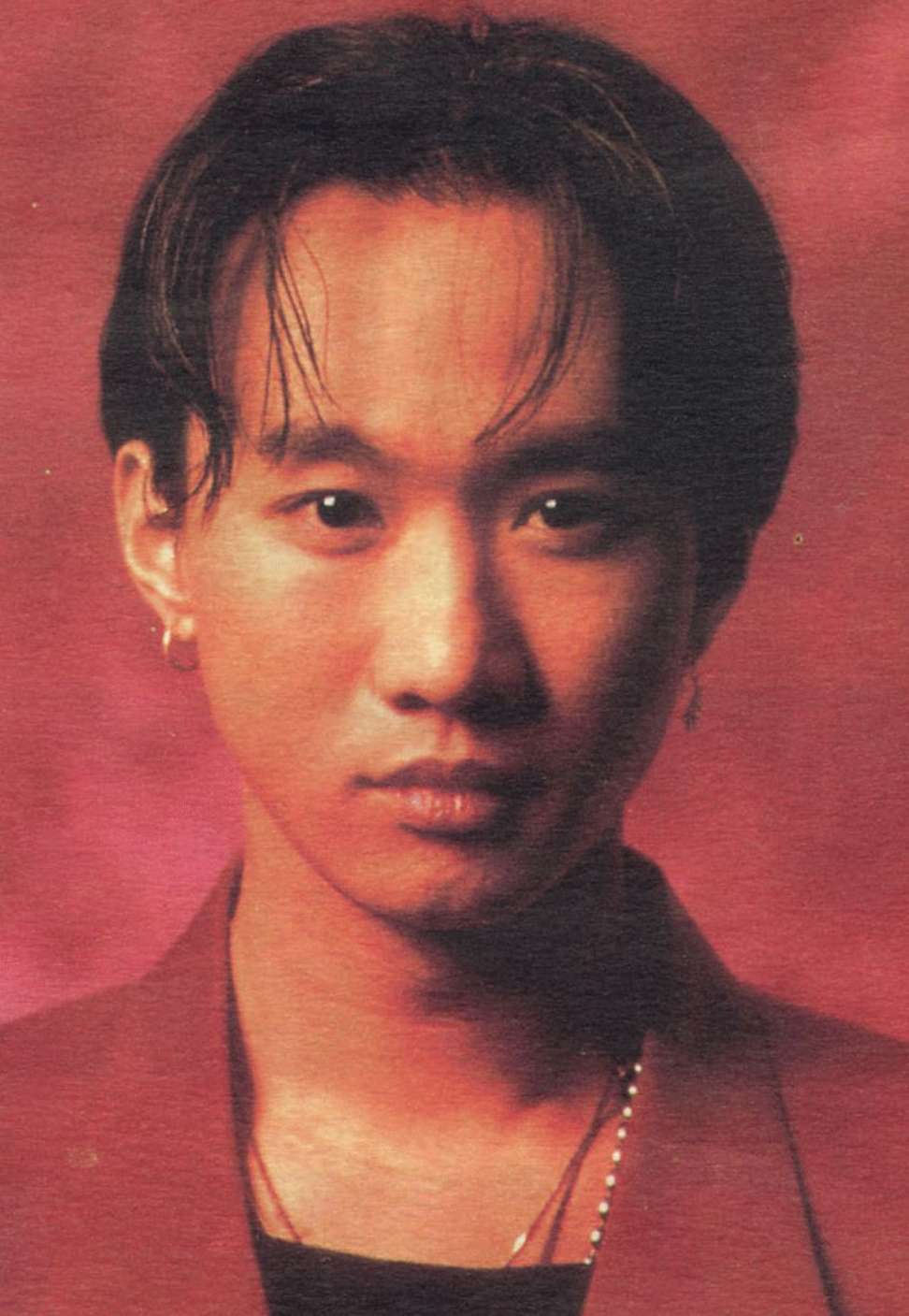
Wong Ka-kui (1962-1993)
As the leader of rock hand Beyond, seen as Hong Kong’s equivalent to The Beatles, Wong produced a string of classics including Under a Vast Sky, which became an unofficial anthem of the city’s pro-democracy Occupy protests in 2014. Wong died at the age of 31 after he fell off a stage in a Tokyo television studio.
Danny Chan Bak-keung (1958-1993)
Chan was one of the biggest Canto-pop stars and teen idols in the early 1980s. The Hong Kong singer and actor won multiple awards for his love songs. He also performed at the opening ceremony of the 1988 Summer Olympics in Seoul. Chan died at the age of 35 after 17 months in a coma having suffered brain damage.
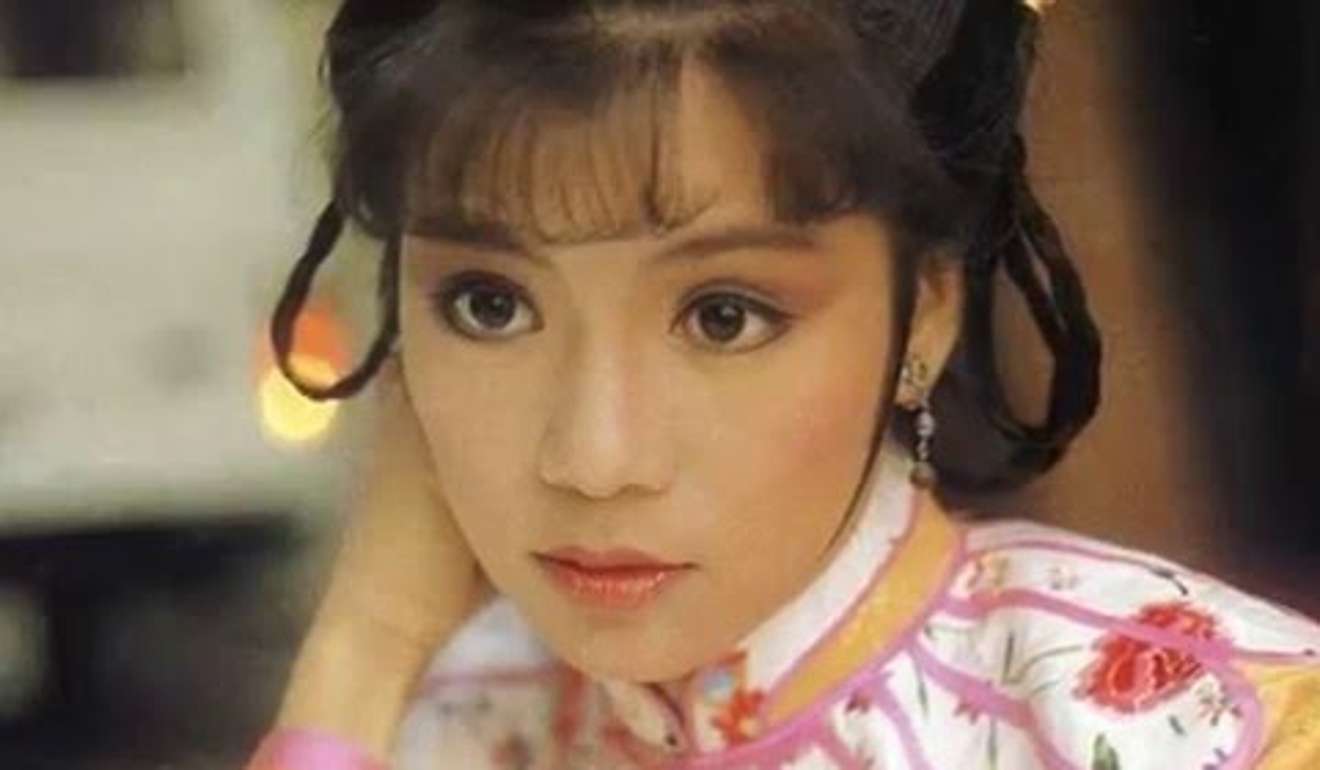
Barbara Yung Mei-ling (1959-1985)
A former Miss Hong Kong finalist and TVB actress, Yung rose to fame in the 1980s playing the female lead in The Legend of the Condor Heroes, a TV series adapted from Louis Cha’s swordplay novel.
The 26-year-old Yung committed suicide by turning on the gas in her apartment in Broadcast Drive, Kowloon, reportedly over a broken romance. Thousands of Hongkongers attended her funeral at the Hung Hom Funeral Parlour, where some collapsed in the summer heat.
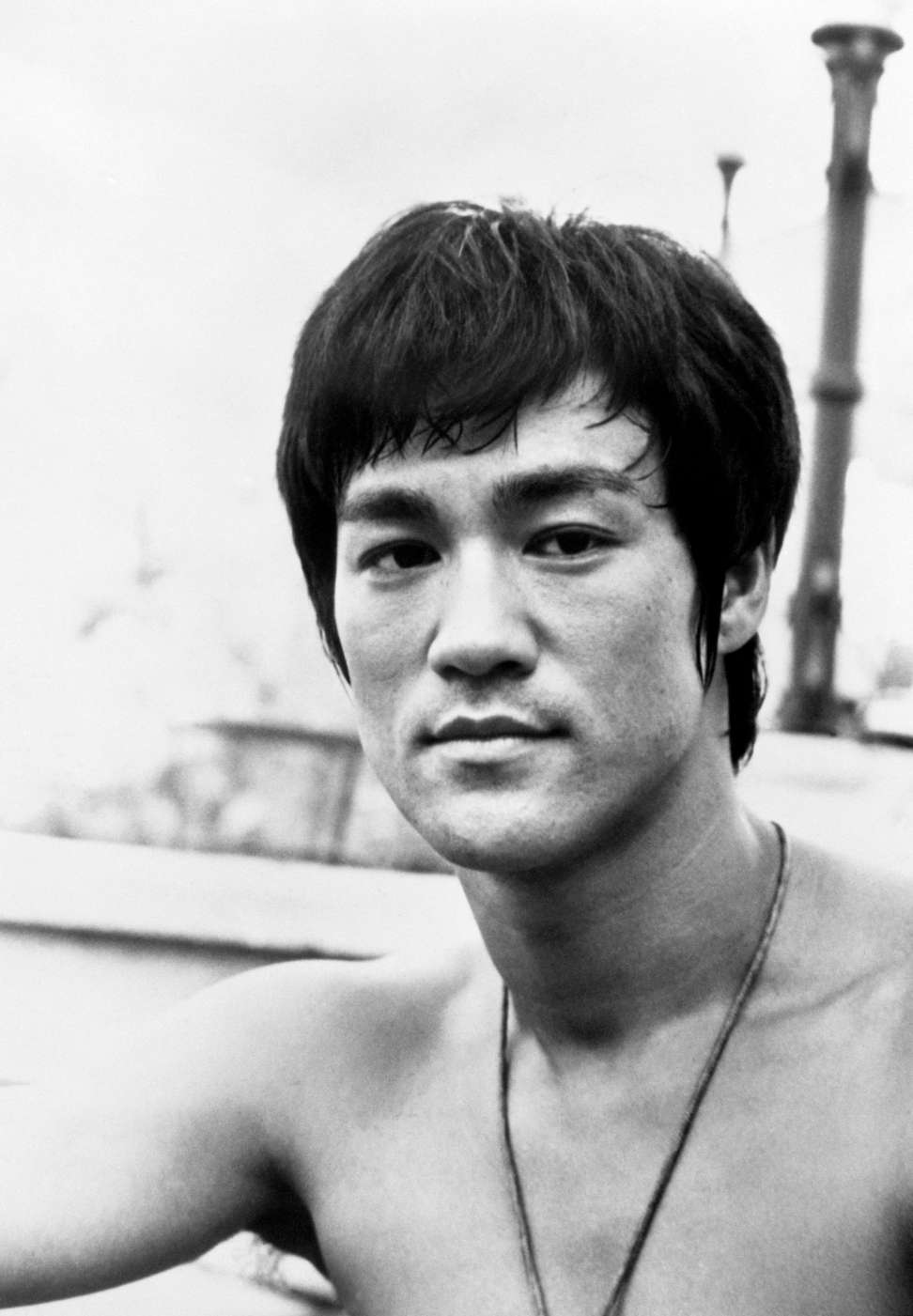
Bruce Lee (1940-1973)
The Hong Kong-raised kung fu legend broke racial barriers by becoming the first Chinese hero in Hollywood films. He broke box office records in Hong Kong and inspired later martial arts stars such as Jackie Chan and Jet Li.
Lee died in mysterious circumstances in Hong Kong at the age of 32 in July 1973. An autopsy found he had acute swelling of the brain, and a coroner recorded a verdict of death by misadventure. At the time Lee had been working on the film Game of Death.

Linda Lin Dai (1934-1964)
Linda Lin, star of many Shaw Brothers productions, is remembered by fans of classic Hong Kong movies for a variety of comedies, love stories and musicals. She won the best actress award at the Asia Pacific Film Festival four times during her 10-year career. Lin killed herself using sleeping pills and gas at the age of 30, leaving a suicide note blaming “family matters”.
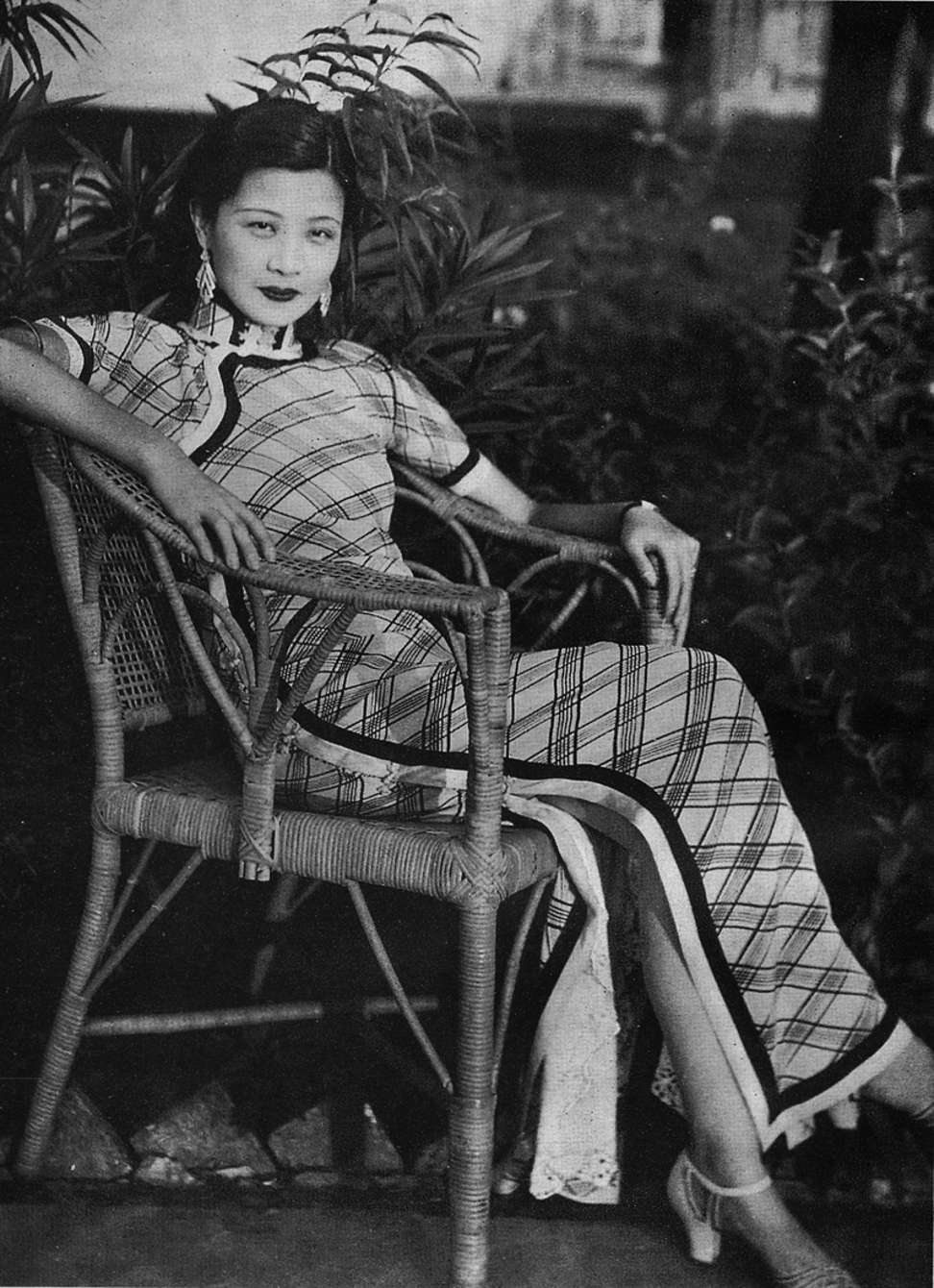
Ruan Lingyu (1910-1935)
The stunning Shanghainese actress, known as China’s Greta Garbo, was an icon of Chinese silent cinema in the 1930s. Her classic films include The Goddess, in which she sympathetically played a woman who forced herself to work as a prostitute to pay for her son’s education. Ruan’s tangled personal life, with two lovers, was feverishly followed by Chinese tabloids, heaping insurmountable pressure on the young star. Ruan died at the age of 24 after taking an overdose of sleeping pills. She reportedly left a suicide note that included the phrase “gossip is a fearful thing”, though it is suspected the note was tampered with to condemn the exploitation Ruan suffered.

